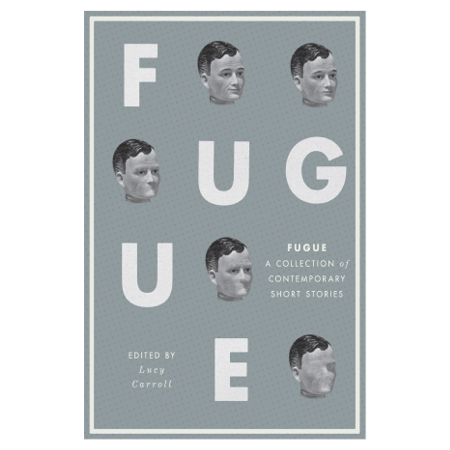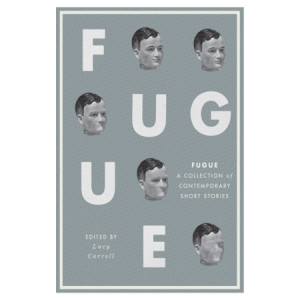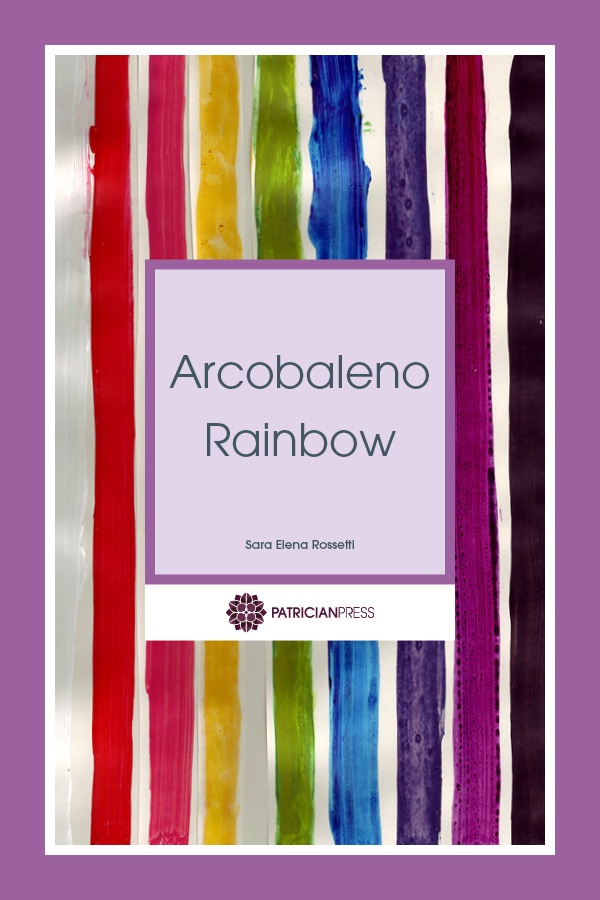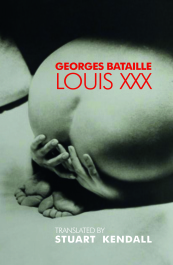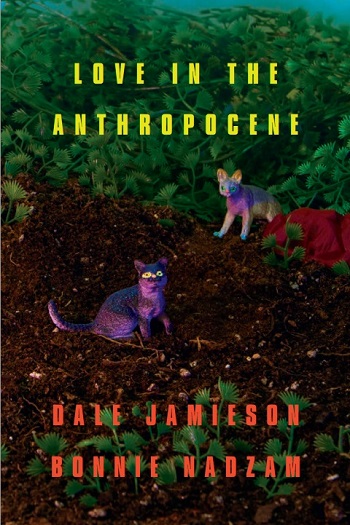Fugue (ed. Lucy Carroll)
-Reviewed by Sarah Gonnet–
Fugue is a map of surreal experiences in a foreign world. Right from the immersive introduction we know we’re being led into something special. Something bizarre. Something Poetic.
Yet at the same time we receive constant signposts that link the short stories to the real world. For example in the second story of the collection – ‘Titanium Heart’ (Roisín O’Donnell)– we are informed that it is very definitely Sheffield that is melting. Whether there is a parallel universe in play, or if the melting is only in the narrator’s imagination, is up to each individual reader.
This combination of reality and fiction not only establishes the collection’s alien world early on; it also makes the resulting prose highly poetic. Not poetic in a dreamy or traditional sense- instead it’s a shot of something modern and experimental. The stories from ‘Titanium Heart’ onwards use the poetic nature of surrealism and possible madness to bring something strange to vivid life.
This quality especially continues in the third story, ‘Rodney has Asperger’s’ (Stephen Totterdell). This story directly mentions a mental disorder in its title, yet it still manages to maintain the convincing unusual nature of the first story, even though we know that it is likely we are seeing the world through the distorted eyes of Asperger’s. And as this unique vision shows up again and again throughout the book, Rodney’s odd way of looking at things (‘he stripped his personality down to diagnostic criteria’) provides a lens of extreme logic (that, at the same time, manages to be a convincing anti-logic) to view the rest of the book through. This fits in with the message of the second individual story- everyone could have a diagnosis if a doctor looked at them hard enough – that’s what life does to us.
Some of the stories in the collection strike me more as extended flash-fiction situations, rather than plot-based tales. Some of the stories even read like parables. However this is often a good thing, as it further supports the background of Fugue as a surreal world with its own mythology, and possibly even its own religion.
Adding to the exotic feel of the collection is a story translated from Greek, ‘Autumnale Aequinoctium’ by Avgi Meleti. My favourite line from the entire collection comes from this story: ‘When she was born she bit the midwife and when she died she bit the priest’. It is interesting to see the contrast in style between this story and the others in the book. The poetic language of the other stories is magnified in the juddering Greek prose.
Ultimately the stories in Fugue feature a collection of misfit characters trying to fit in. To a certain extent they achieve this by being involved in the book – Fugue provides a space for these unusual characters to fit in. The collection is carefully arranged so that the contrasts and comparable elements of each story are emphasized. On reading the biographies at the back of the book, I learnt that the choice of writers is also eclectic. However it is the voices they produce, and their surreal honesty that really make the book.
My other favourite line from the collection has to be ‘I’m starting to think the cheese guy at Wholefoods might be a warlock’. In a way this describes the whole of Fugue the book isn’t something we expect it to be – it is something close to being magical.

